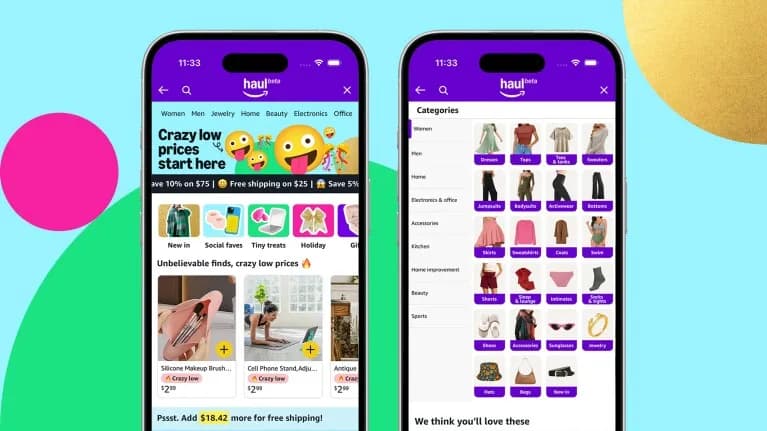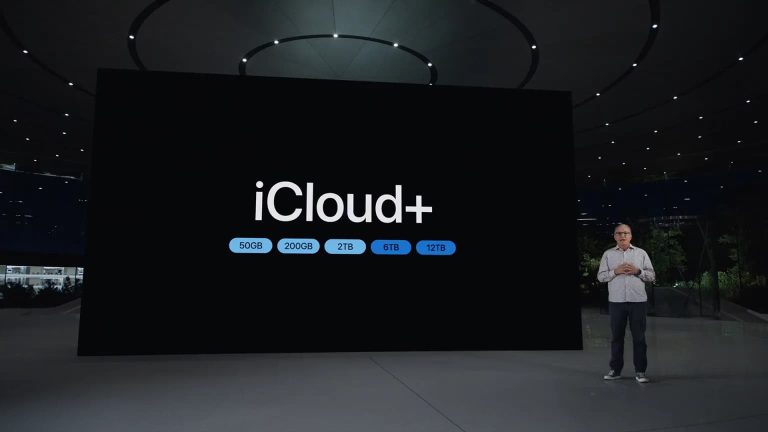
By 2021, about 70 percent of the U.S. executives would prefer job candidates having data skills. Precisely, the demand for data analysts will keep expanding as our world continues moving into digitization.
The conversation around data science and big data analytics significantly caused a major impact on organizations. Multiple companies are now focused on developing a data-driven business market. And to cater to the needs of the business, they will need multiple talented professionals with big data skills.
Data related jobs have been one of the hottest trends in the tech market, and with the demand growing at a rapid pace, this does not look like it will cease soon.
While everyone is eager to join the big data bandwagon, it is mandatory to first understand the roles and responsibilities.
As a data analyst, your sole responsibility is to identify business questions, gather data, and process the data to further help organizations make actionable decisions.
The job role requires a specific skill set. Taking up a data analytics career is perhaps one of the best choices you are making today. Data had always played a significant role in every decision making. There is not a single organization.
Becoming a data analyst comes along with in-depth knowledge and understanding of the technical skills.
What are the topmost skills to start a data analytics career?
- R and Python-Statistical Programming
For every task, you’re able to do on excel, working with R and Python even makes it ten times faster. Simply put, R, Python, and SQL can do what excel cannot. These are some of the most powerful programming languages used in predictive analytics and to analyze large data sets. Both R and Python are industry standard, thus, learning both is an ideal option.
R and Python are open sources and free, therefore most employers do not stress over which language you’re more acquainted with but how comfortable you are using the programming language. Both the languages were specifically built for analytics, however, most of the data analysts are comfortable using R over Python for ad-hoc analysis and exploring data sets.
- Structured Query Language (SQL)
Structured Query Language or SQL is considered one of the major skills to start a data analytics career. Some say it is a higher version of Excel, and it can handle large datasets that Excel cannot. Almost the majority of the organization requires a professional with SQL knowledge. An individual skilled in SQL helps to store and manage the data of the company or at times help in structuring the databases altogether. You will find thousands of job postings available with SQL skills as a priority. Therefore, if your aim is to start a career in big data, grabbing knowledge in SQL is mandatory.
- Machine Learning
Machine learning, a subset of AI uses data/statistics to find patterns from a large amount of data. The data could possibly be a lot of things such as the messages you’ve received, the number of clicks received on a photograph, or emails, etc. This data if stored, could further be fed to machine learning algorithms.
Machine learning is what we see daily on Netflix, Spotify, and search engines like Google or voice assistant apps like Siri or Alexa, and social media feeds like Facebook, Instagram, and Twitter.
The process is simple, you just need to find the pattern from the data and then apply the pattern.
- Data Visualization
It gets challenging to tell the results based on data to a non-technical person such as business stakeholders while keeping them engaged. Data visualization tools are crucial, this can make things easier. Big data analysts can predict the outcome and results of the data using high -quality charts and eye-catchy graphs. Some of the common data visualization tools include Tableau, ggplot, and MapReduce, etc.
- Microsoft Excel
Microsoft Excel is more than just a spreadsheet. While Python or R is a popular tool used to handle large datasets, advanced Microsoft Excel skills such as using VBA lookups and writing Macros are still used by many for smaller data analytics. For instance, if you’re hired in a startup or a lean company, the employers would expect you to have advanced knowledge in excel. Over the years, excel remains to be the mainstay for most businesses. Luckily, you can find multiple online certification programs to get started with. However, only limited platforms offer the best big data certification programs, and you must dig deep to identify credible platforms.
- Presentation Skills
Data visualization and presentation skills go parallel. But not all people possess the skills or putting up a presentation. Practice makes a man perfect, the reason why budding big data analysts must start developing presentation skills.
- Critical Thinking
To find answers from data, individuals need to first figure out the type of questions that needs to be asked. Critical thinking is innate but only up to a certain level. You can start improving your critical skills by making sure you start asking yourself basic standard questions. Doing so will keep you grounded while seeking answers or solution to a complex problem.





